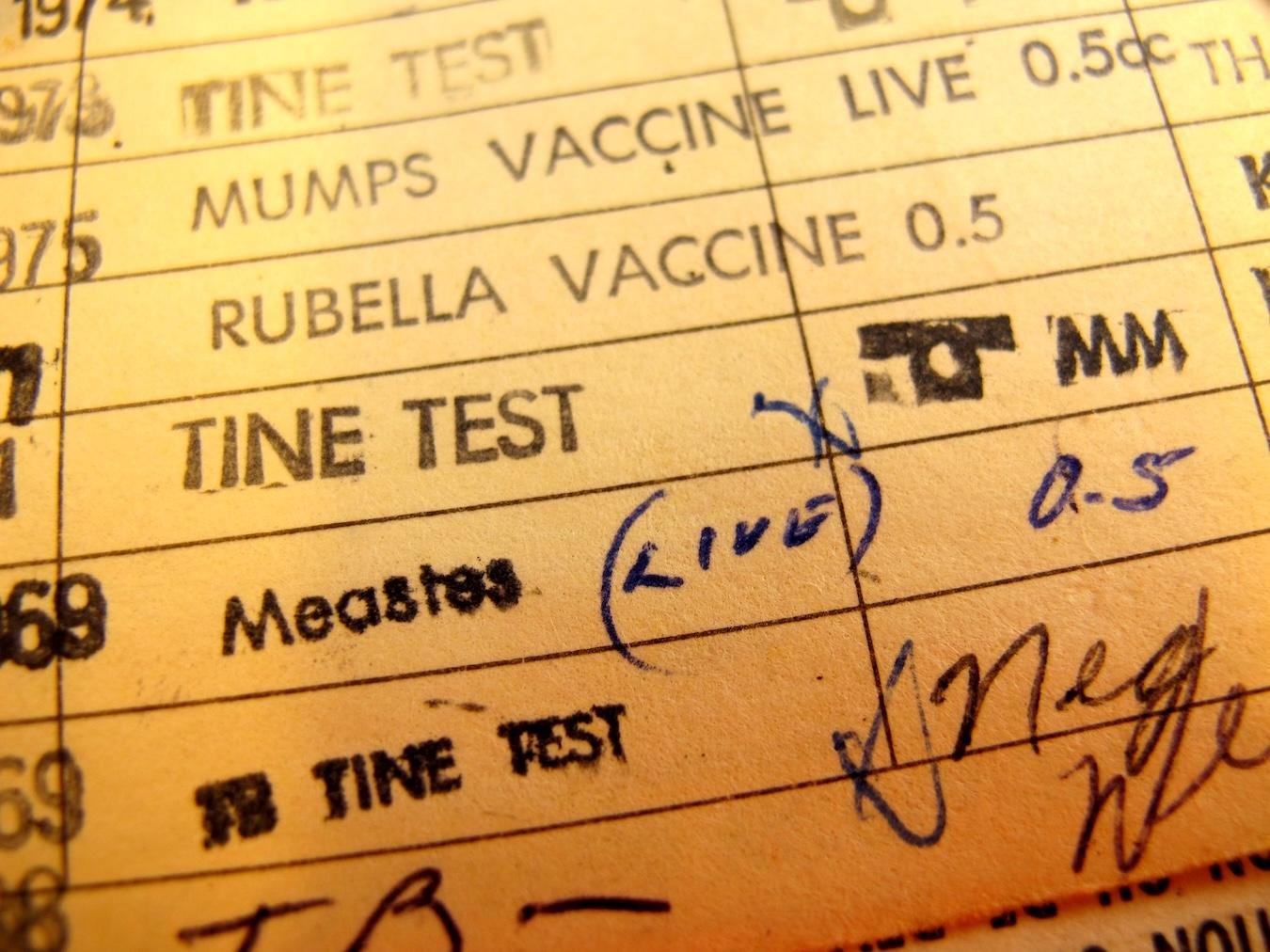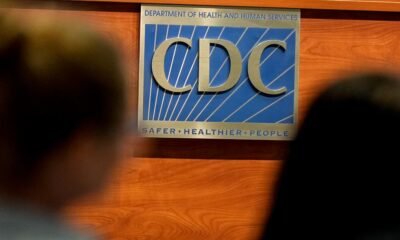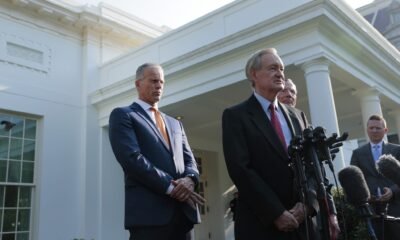crime
Measles Response Plans Grounded as Trump Cuts Spark Controversy

Cities across the United States are grappling with a significant measles outbreak as cases approach 650 across 22 states. This figure is on track to reach the highest level in 34 years, highlighting an urgent public health crisis exacerbated by federal funding cuts and misinformation about vaccinations.
A second unvaccinated child succumbed to measles in West Texas last week. U.S. Health and Human Services Secretary Robert F. Kennedy Jr. attended the funeral and emphasized that vaccination is the most effective way to prevent the spread. However, Kennedy has faced criticism for promoting vaccine skepticism and recommending unproven alternatives, such as cod liver oil—a move that prompted the resignation of a top vaccine expert from his team.
The abrupt cessation of federal funding under President Donald Trump has severely hindered state efforts to combat not only measles but also other diseases. Meanwhile, a third death linked to measles, involving an unvaccinated adult in New Mexico, is under investigation. Before vaccines were introduced in 1963, measles was responsible for approximately 500 deaths annually in the U.S.
Dr. Susan Kansagra, chief medical officer for the Association of State and Territorial Health Officials, highlighted the need for states to ramp up vaccine clinics, expedite testing, and effectively trace contacts of confirmed cases to stem the tide of misinformation regarding vaccines.
Dr. Kansagra stated, “Measles is one of the most contagious diseases, so public health must identify others who may have been exposed.” Despite the demonstrated effectiveness of vaccines, recent federal funding cuts have led to canceled vaccination initiatives in numerous states. A federal court ruling temporarily blocked the withdrawal of $11 billion in federal health grants following litigation from Democratic states.
In the wake of funding cuts, public health initiatives in states like Minnesota and Washington came to a standstill, resulting in the cancellation of dozens of vaccination clinics. Minnesota announced layoffs of staff involved in its measles vaccination efforts due to the funding crisis, which has left health officials scrambling to salvage critical public health programs.
Experts from various backgrounds have expressed alarm over the federal government’s reduced support for vaccination initiatives. Dr. Peter Marks, a key vaccine expert at the FDA, criticized the spread of misinformation about vaccines, calling it detrimental to public health. Dr. Scott Gottlieb, former FDA commissioner, warned that the current outbreak could reverse the “eliminated” status of measles in the U.S., which was achieved in 2000.
Measles has proven to be highly contagious, with the potential to infect 90% of unvaccinated individuals exposed to the virus. The disease can lead to severe respiratory infections, brain swelling, and death, particularly in infants and those with compromised immune systems. Reports from Texas indicate that misinformation regarding vaccines may be contributing to rising case numbers.
Dr. Ashish Jha emphasized that while vitamin A can be helpful in specific countries where deficiencies are prevalent, its use in the U.S. as a remedy for measles is misplaced. “The only effective way to prevent measles is through vaccination,” Jha stated, underscoring the urgency of immunization efforts.
The current outbreak is expected to surpass the nearly 1,300 cases recorded in 2019. State health officials have warned against “measles parties,” where individuals intentionally expose themselves to the virus, as this poses significant health risks.
In response to the outbreak, New Mexico has established free vaccination clinics, particularly targeting areas along the Texas border, which have seen a surge in cases. Kansas is facilitating early vaccinations for young children and enhancing surveillance for symptoms. Colorado has begun preemptive outreach to parents to encourage vaccinations in light of neighboring outbreaks.
The New Mexico Department of Health reports a notable increase in vaccinations since the outbreak, with almost 15,000 doses administered in February and March. Other states, like New Jersey, are actively tracing potential exposure to infected travelers.
A recent editorial in The Lancet described the measles outbreaks as a wake-up call for increased vaccination efforts, urging the public to trust validated scientific evidence. It called for greater awareness regarding the safety and efficacy of the measles vaccine to combat rampant misinformation.


















